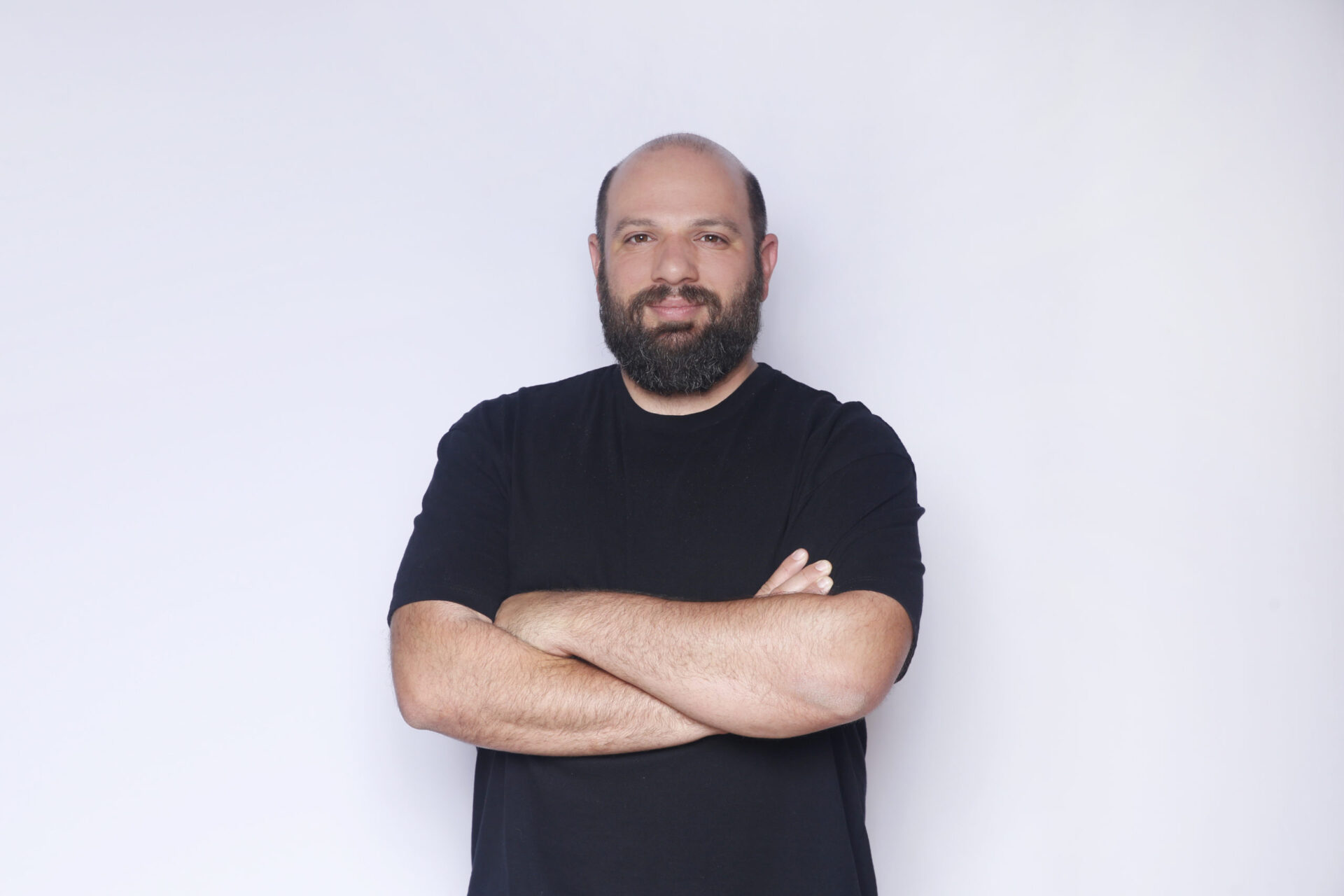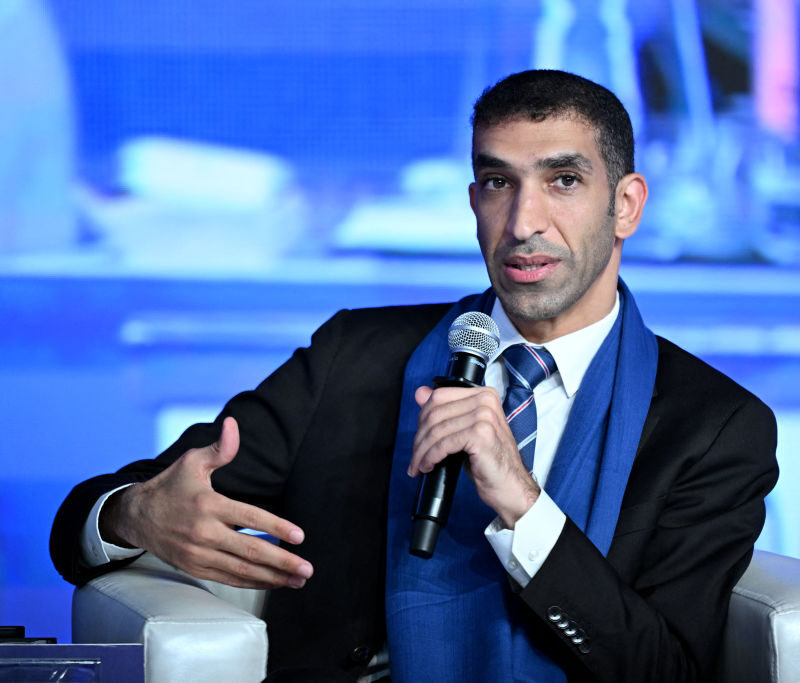
Courtesy
The Israeli startup CEO who wants to make American government work
ZenCity’s Eyal Feder-Levy thinks AI is the way to get governments to listen to people
For people who don’t know or don’t care to know about the intricacies of local government, there’s “Parks and Recreation,” the NBC sitcom starring Amy Poehler as an uber-energetic mid-level parks department employee.
Poehler’s Leslie Knope is an icon...



